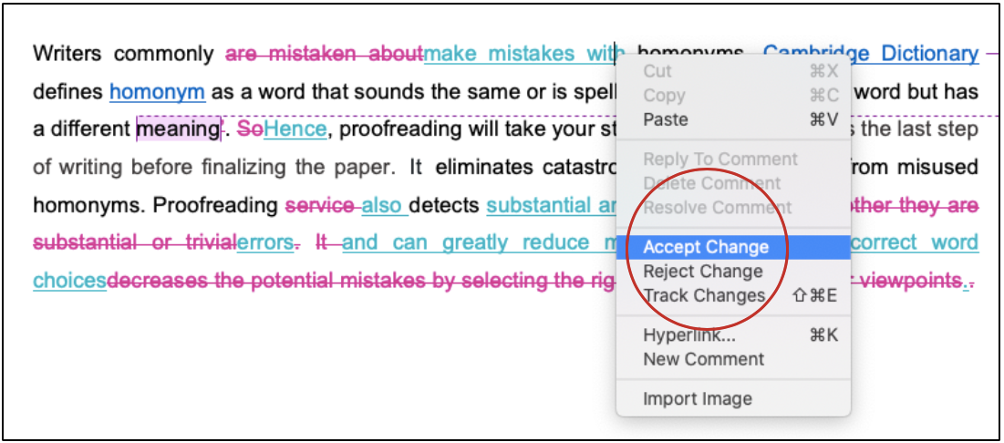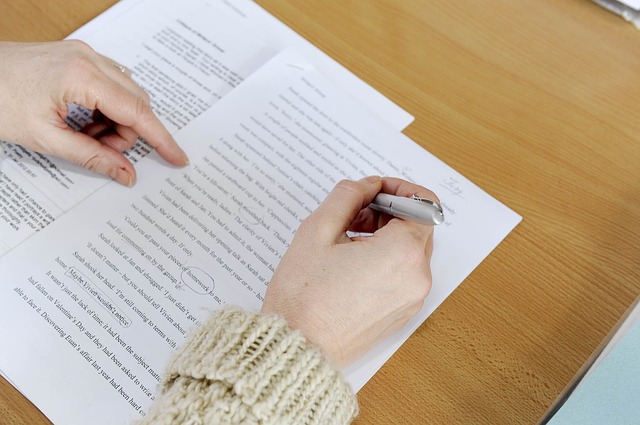Researchers develop theories to explain phenomena, build connections, and make educated guesses. Therefore, you illustrate the existing ideas supporting your dissertation or thesis in a theoretical framework, depicting that your work has a solid foundation.

A theoretical framework depends on extant theories functioning as a yardstick for devising the arguments you are to use in your study.
Researchers develop theories to explain phenomena, build connections, and make educated guesses. Therefore, you illustrate the existing ideas supporting your research in a theoretical framework, depicting that your work has a solid foundation.
A full-fledged theoretical framework implies success down the road in your research and writing process. Put differently, your theoretical framework confirms and pegs your upcoming study. Hence, it is a critical first step for your thesis or dissertation.
Before beginning your research, familiarizing yourself with the theories and models already developed by other researchers is of utmost importance. You can disclose what you have learned by presenting your current stand and putting your future research in perspective.
An excellent chance suggests that many theories about your subject already exist, providing that the topic is comprehensive. Therefore, you should assess, contrast, and choose the most pertinent ones.
Restricting your study to a specific field, you allow the reader to know the assumptions informing your approach, illustrating the rationale behind your picks for upcoming sections, like methods and discussion. This part of your dissertation lays the foundations, supporting your analysis, interpreting your findings, and generalizing to a broader extent.
However, one should realize that the very same research topic can be assessed radically differently based on the theoretical approach you have taken. Illustratively, an academician employing postmodernist theory would approach “Anna Karenina” much more differently than a scholar with the Marxist perspective. Similarly, a behaviorist approach uses radically different methodologies than phenomenology. Keynesian economics and Adam Smith’s “The Invisible Hand Theory” are markedly different.
Editing and proofreading your theoretical framework is of high significance. A professional editing and proofreading service with trained and experienced experts with Ph.D. in their fields will edit your thesis or dissertation theoretical framework by paying utmost attention to detail. Their suggestions will make the theoretical framework more reasonable and practical.
Pursuing three critical steps can allow you to build your theoretical framework. They include specifying essential concepts, assessing and illustrating relevant theories, and depicting how your research supports or refutes the extant studies.
The first step includes selecting the critical terms from your problem statement and research questions. Multiple definitions are possible for the concepts. Therefore, you should specify what you mean by each term in your theoretical framework.
A complete literature review can help determine how other researchers have specified these critical concepts and built connections. While writing your theoretical framework, you aim to contrast and critically assess the approaches taken by different authors.
The definitions fitting best to your research and justifying it are suggested, perusing various models and theories. Should your topic suit better, you can incorporate theories from different fields to establish your distinct framework.
Another crucial point is ensuring that each of the most vital theories relates to your critical concepts. Suppose a well-established theory suggests that you should not apply it to your research. In that case, explain why it is so for your purposes.
You should note the difference between a literature review and a theoretical framework. A theoretical framework is the theoretical groundwork of your work. In contrast, a literature review critically assesses extant studies concerning your subject.
In addition to epitomizing and debating extant theories, the theoretical framework should depict how your research supports or refutes the actual studies. In doing so, you may test whether a theory holds in a specific context, employ an extant theory to interpret your results, critically deliberate, and combine various theories distinctly.
A theoretical framework can be part of your literature review chapter, but it can be separate from your dissertation. Should your research deal with many complicated theories, including an individual theoretical framework chapter is a sound idea.
Configuring your theoretical framework does not have definite rules. Double-check with your department or institution to ensure no formatting guidelines exist. The most critical is forming a concise and logical structure. You may do it as follows. Elaborate on your research questions by configuring each section around a question or crucial concept, employ a theory cluster and organize chronologically. Like all other parts of your thesis or dissertation, ensure that you avoid plagiarism by citing proper references.
Best Edit & Proof expert editors and proofreaders focus on offering papers with proper tone, content, and style of academic writing, and also provide an upscale editing and proofreading service for you. If you consider our pieces of advice, you will witness a notable increase in the chance for your research manuscript to be accepted by the publishers. We work together as an academic writing style guide by bestowing subject-area editing and proofreading around several categorized writing styles. With the group of our expert editors, you will always find us all set to help you identify the tone and style that your manuscript needs to get a nod from the publishers.

You can also avail of our assistance if you are looking for editors who can format your manuscript, or just check on the particular styles for the formatting task as per the guidelines provided to you, e.g., APA, MLA, or Chicago/Turabian styles. Best Edit & Proof editors and proofreaders provide all sorts of academic writing help, including editing and proofreading services, using our user-friendly website, and a streamlined ordering process.
Visit our order page if you want our subject-area editors or language experts to work on your manuscript to improve its tone and style and give it a perfect academic tone and style through proper editing and proofreading. The process of submitting a paper is very easy and quick. Click here to find out how it works.
Our pricing is based on the type of service you avail of here, be it editing or proofreading. We charge on the basis of the word count of your manuscript that you submit for editing and proofreading and the turnaround time it takes to get it done. If you want to get an instant price quote for your project, copy and paste your document or enter your word count into our pricing calculator.
Contact us to get support with academic editing and proofreading. We have a 24/7 active live chat mode to offer you direct support along with qualified editors to refine and furbish your manuscript.
Follow us on Twitter, LinkedIn, Facebook, Instagram, and Medium.
For more posts, click here.
This article explains how to write a theoritical framework for a dissertation and thesis. To give you an opportunity to practice proofreading, we have left a few spelling, punctuation, or grammatical errors in the text. See if you can spot them! If you spot the errors correctly, you will be entitled to a 10% discount.
How to Determine Variability in a Dataset
14.10.2023
How to Determine Central Tendency
19.02.2023
How to Specify Study Variables in Research Papers?
14.01.2023
Population vs Sample | Sampling Methods for a Dissertation
14.01.2023
7 Issues to Avoid That may Dent the Quality of Thesis Writing
18.12.2022
How to Ensure the Quality of Academic Writing in a Thesis and Dissertation?
04.12.2022
How to Define Population and Sample in a Dissertation?
03.12.2022

Being a proofreading and editing service provider, we often find researchers making common citation mistakes in their research papers. Well, making mistakes is normal, but repeating the same mistakes is not accepted. Recognizing the gravity of the situation, we here bring the list of common errors students and researchers make while citing sources.
Continue Reading
You have been working hard on your research paper and want to write an excellent dissertation/thesis. You have researched all the materials, and your data are perfect— all you need to do is put them together in a dissertation or thesis. But how do you manage that? While working on the research is not easy, it’s structuring a dissertation or thesis that the main issue lies with. Therefore, if you are struggling with structuring your dissertation or thesis, this article may be of help.
Continue Reading
The corpus research suggests that the most often used tenses in academic writing are the simple present, the simple past, and the present perfect. Then, what comes next is the future tense.
Continue Reading